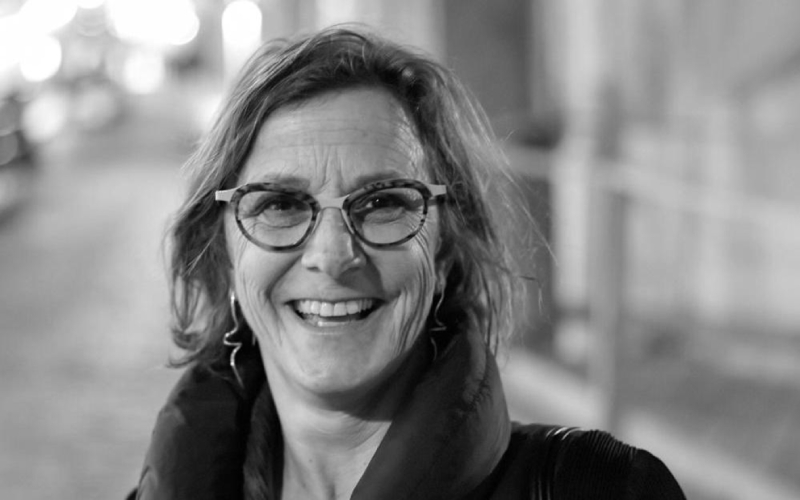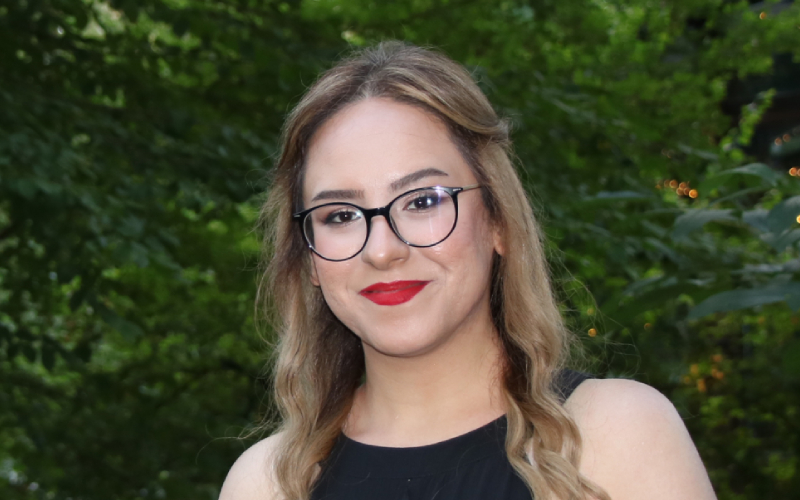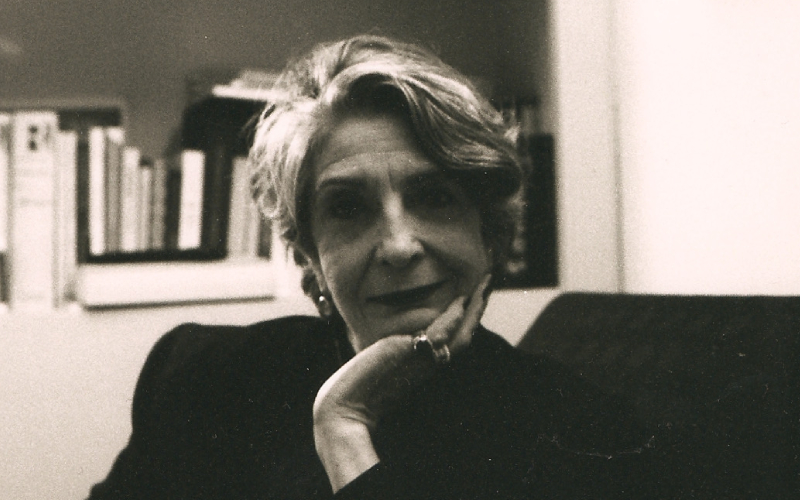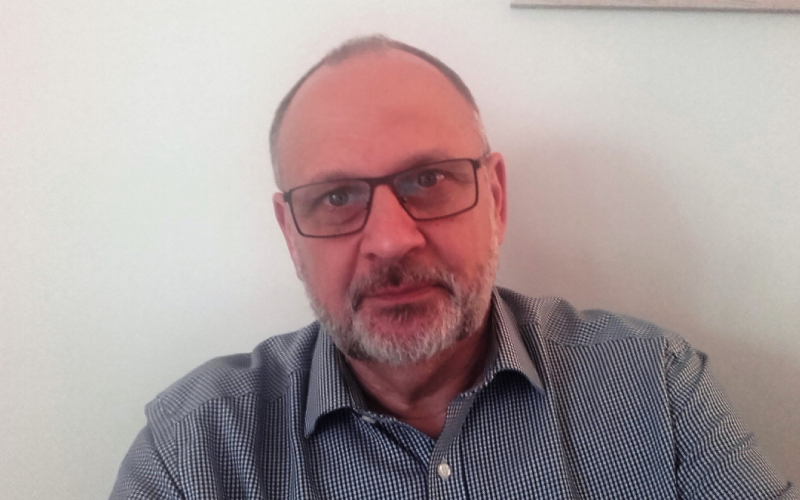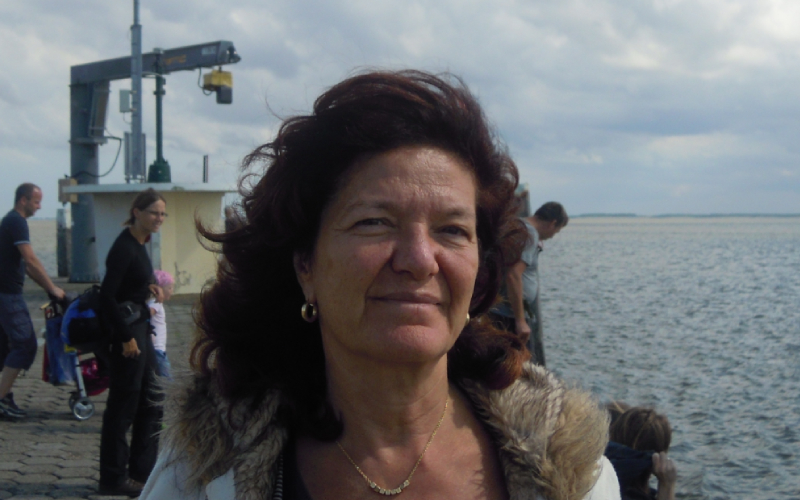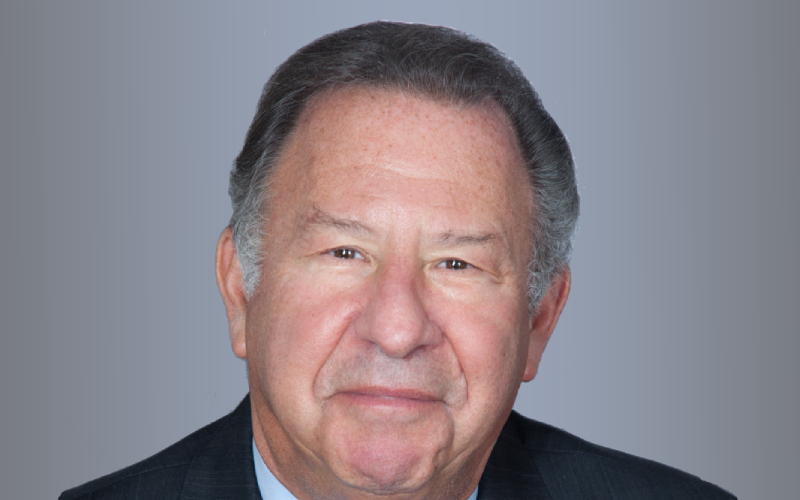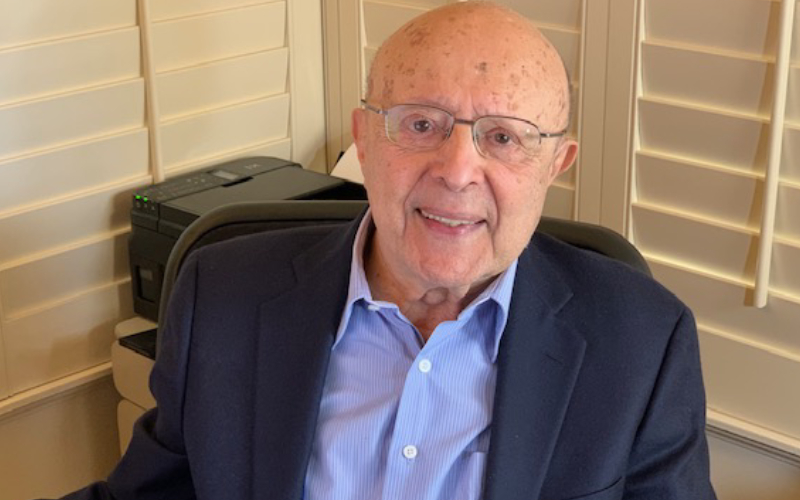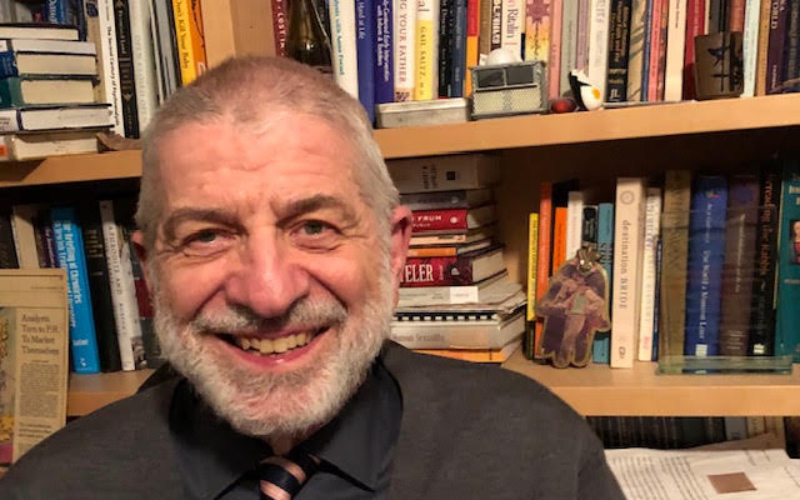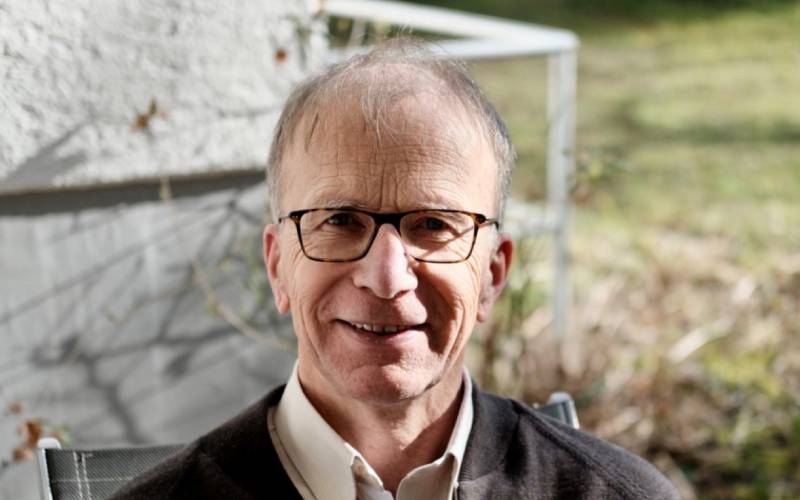Episode 46: Psychoanalysis, Leadership and the Pandemic: An Interview with Kerry Sulkowicz (New York)
“There is not just one pandemic right now, there are really two concurrent pandemics. The first one is the pandemic of the virus, but the second one that is closely tied to the first is a pandemic of anxiety. I want to be really clear that I am not just using that as a figure…
Read MorePodcast: Play in new window | Download


